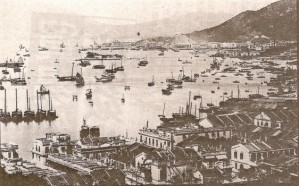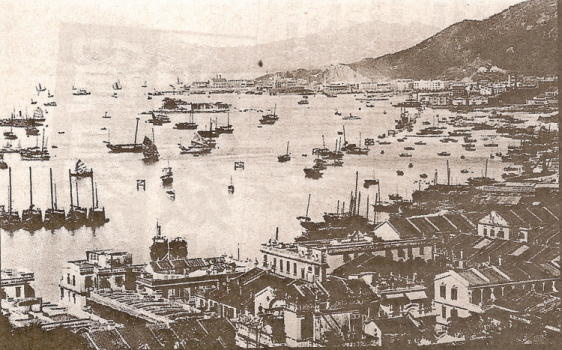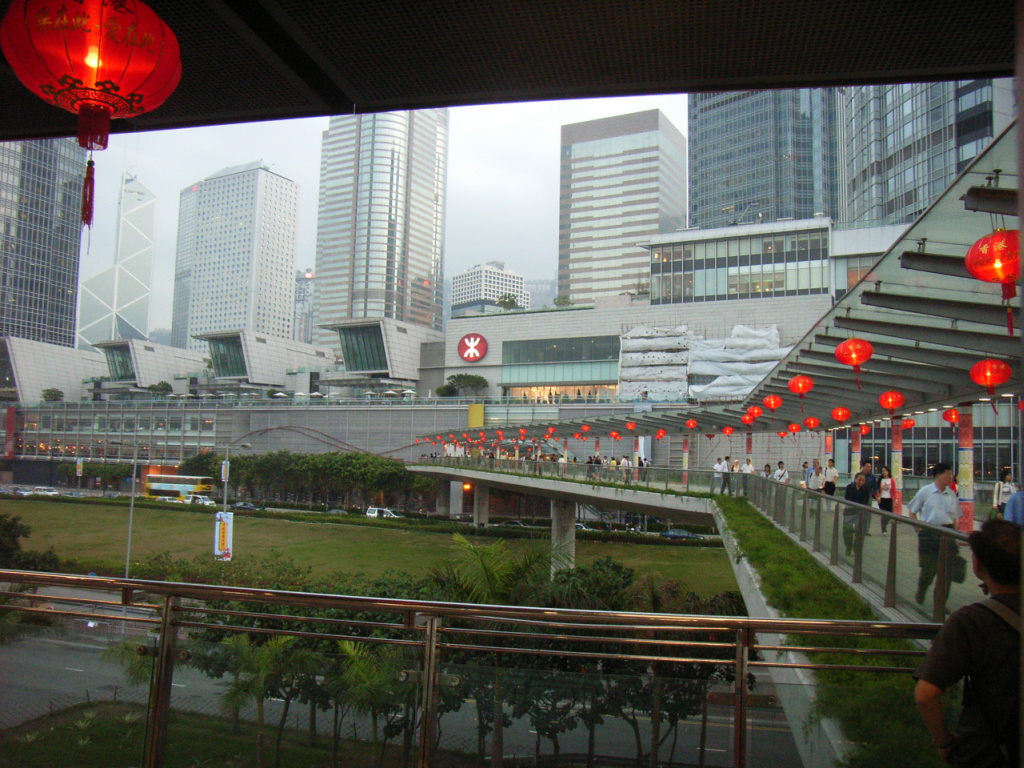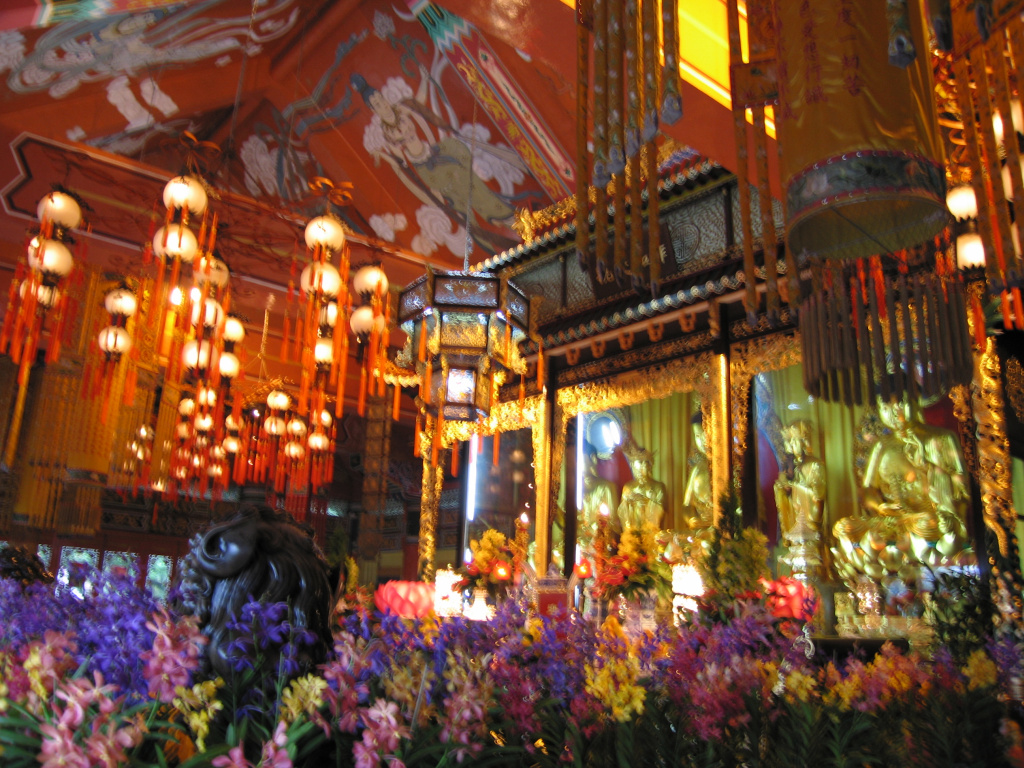 Hong Kong started as a rocky and barren area with islands and inlets that were safe houses for pirates and those escaping the law. From 1839 up to 1842, the British occupied Hong Kong. This was also the time known as the Opium War. During this time, the British colony grew to be known as a trading center and gateway to China.
Hong Kong started as a rocky and barren area with islands and inlets that were safe houses for pirates and those escaping the law. From 1839 up to 1842, the British occupied Hong Kong. This was also the time known as the Opium War. During this time, the British colony grew to be known as a trading center and gateway to China.
Under the British rule, the colony and its businesses thrived. It soon became known as a banking and financial area with insurance and shipping firms setting shop here.
In 1921, the British agreed to partially slacken off on their control of the colony. Unfortunately, this led to the Japanese taking over the colony in December 1941. The British only got back control after almost 4 years, on September 16, 1945.
When Communists began their control over mainland China in 1949, thousands of Chinese fled mainland China and crossed the border to Hong Kong. This large sudden influx of people into a small area made Hong Kong one of the most densely populated areas in the world. This was a terrible situation to be in because there were not enough jobs, housing, and government programs to assist everyone. Thus, social problems started to emerge like drug addiction, health conditions, crime, and unemployment.Fortunately it was also during this time that the perennial problems of Hong Kong regarding water supply was solved when a network of large reservoirs and pipes were brought in connecting Hong Kong to the water supply services in China.
In may 1967, riots broke out in protest and support of the Cultural Revolution of China. In anger, the Chinese government stopped the supply of water to Hong Kong for a brief period. Relations between Hong Kong and China became politely strained until 1984 when the British and the People’s Republic of China came to an agreement that Hong Kong, the New Territories, and Hong Kong would be turned over to China in 1997 when British lease of Hong Kong ended.
The new slogan for the shift was “One country, two systems.” However, China agreed that Hong Kong be allowed a certain degree of autonomy over the economic and social systems fro the next 50 years.
In 1989, we all witnessed the Tiananmen Square fiasco and the years following this incident, a great number of business people left Hong Kong which put the economy under a severe test.
In 1991, Hong Kong held its first elections, and not surprisingly, no pro-China candidates were voted into office.
The following year, Britain initiated some democratic policies which China did not appreciate. The Chinese government removed British legislature and installed a chief executive to handle Hong Kong.
Since then, there have been repeated efforts by the Chinese government to control the policies of Hong Kong in a bid to make it follow the existing Chinese law.
Hong Kong today remains an independent region that refuses to bow down to Communist rule. In a move to establish a more congenial relationship, the Chinese government has indicated that they will allow a more independent chief executive election by 2017.



